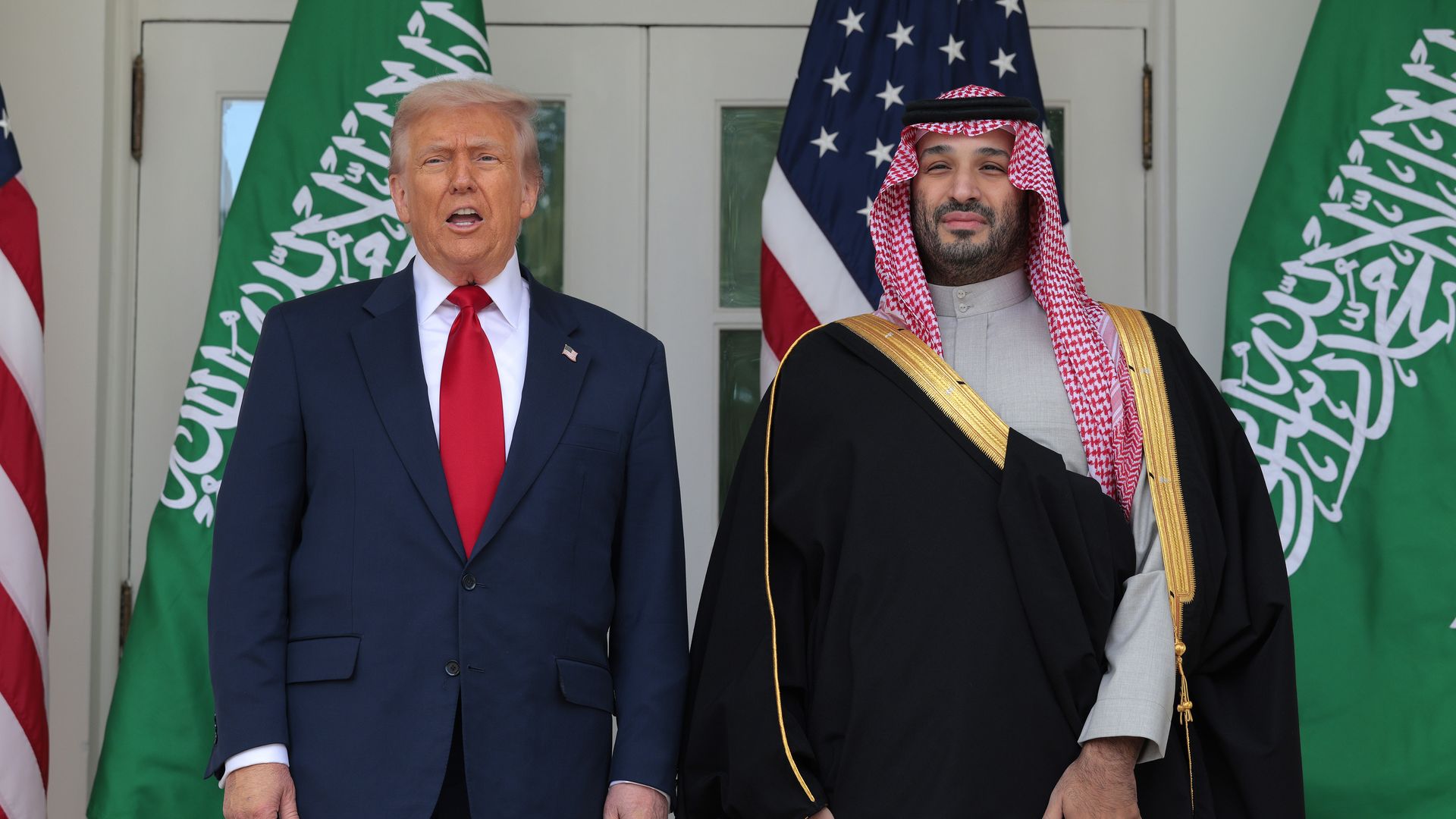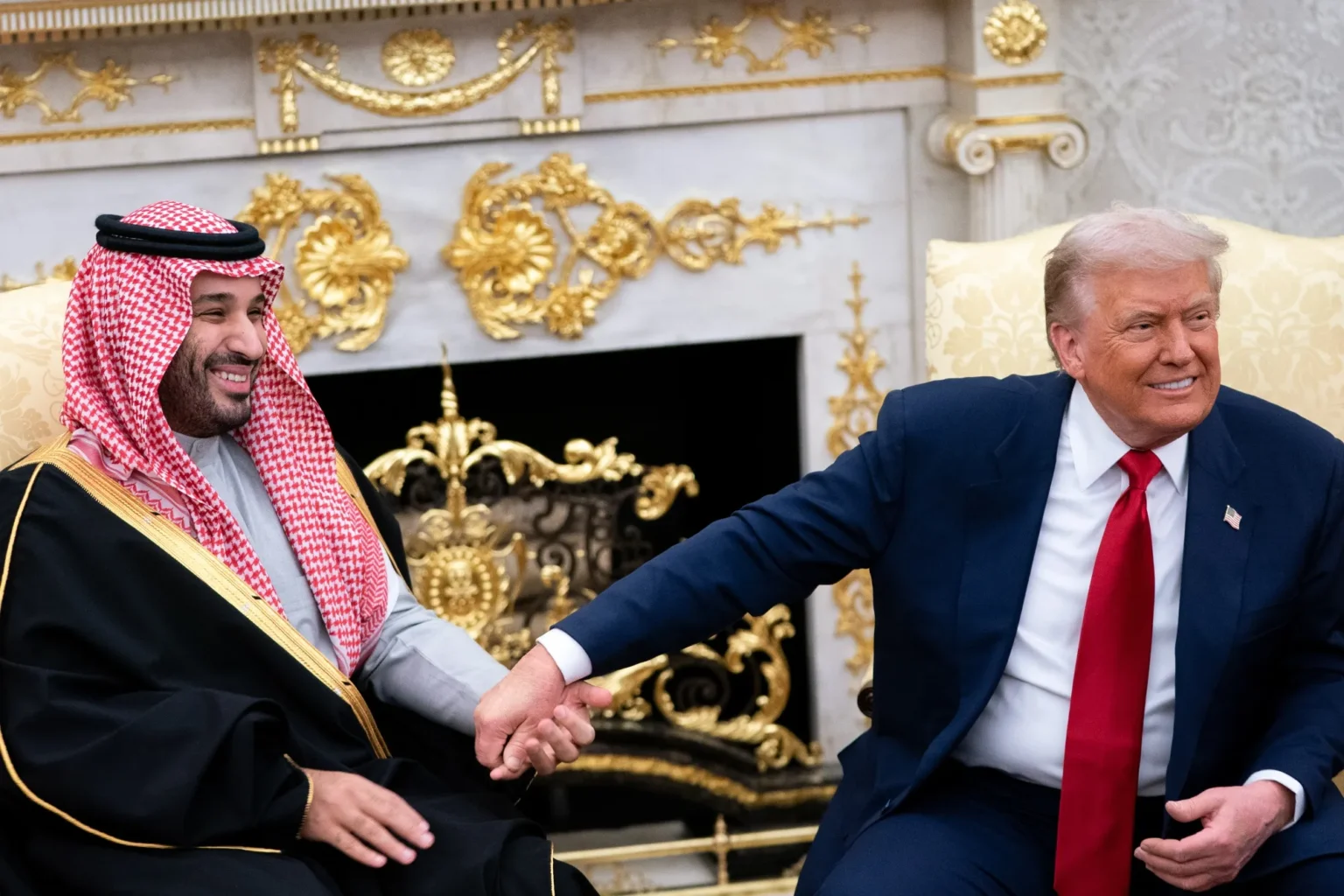Introduction to A Major Shift in US–Saudi Relations
The USA is going through a significant foreign policy development. The former US President Donald Trump is on the headlines. The reason is his recent announcement that Saudi Arabia is its major non-NATO ally. This initiative can change both the regional and global political situation. The move is widely seen as a major step forward in US–Saudi relations news. It can strengthen the military, economic, and diplomatic ties.
What does Major Non-NATO Ally Status mean?
The designation of Saudi Arabia as a Major Non-NATO Ally is one of the most impactful labels under US foreign policy in the Gulf. It will offer key security, defense, and trade benefits to both countries. As such, a high status can help KSA in maintaining close strategic relations with the United States.
Major Non-NATO Ally Benefits
-
Special access to advanced US military equipment.
-
The importance of Saudi Arabia in defence cooperation programs.
-
Quicker approval for arms deals, including the potential F-35 deal with Saudi Arabia.
-
Increased joint training and intelligence collaboration.
-
Stronger overall diplomatic relations.
This status shows a powerful strategic partnership between the US and Saudi Arabia. It will increase the Kingdom’s standing among top global allies.

Why Trump Supports the Move
Trump’s proposal is part of a broader US Middle East policy update. The USA aims to restructure America’s approach towards regional security and partnerships.
Benefits of this status
1. Enhancing US-Saudi Defence Cooperation
The MNNA status will support large-scale defense collaboration. This status will also lead to advanced weapons purchases and long-term military integration.
2. Strengthening US Influence in the Middle East
With rising competition from China and Russia, the US aims to control the global geopolitics of the Middle East.
3. Facilitating High-Tech Defence Deals
An MNNA designation smooths the path for F-35 deal with Saudi Arabia.
4. Boosting Economic and Energy Relations
The decision follows US strategic energy goals and Saudi Arabia’s Vision 2030 international relations strategy. It will promote stronger global partnerships between the two countries.
Saudi Arabia’s Stance and Regional Impact
Saudi Arabia has deeper military and diplomatic relations with the United States. Receiving MNNA status shows a powerful strategic partnership between the US and Saudi Arabia.
Possible Regional Impacts Include:
-
A stronger Gulf defense system.
-
Increased resistance against regional threats.
-
Enhanced capabilities for joint missions and counterterrorism.
-
Greater political control in the Middle East
Experts note that such an announcement could influence countries like Iran, Israel, and various GCC members. It will redefine the global geopolitical Middle East landscape.
A Mixed Global Response
Trump’s proposal has drawn diverse reactions across the globe:
-
European analysts warn that it will shift the balance of power in the Middle East.
-
China and Russia observe their limited influence in the Gulf.
-
Defense experts suggest a new US defense agreement news in emerging military technologies.
Future of US–Saudi Relations Under This Policy
This status will mark one of the most important developments in US–Saudi relations news over the last decade.
Expected Outcomes:
-
Increased intelligence cooperation
-
Expanded joint military drills
-
Broader US Saudi defence cooperation
-
Greater foreign investment opportunities
-
A stronger American presence in the Gulf
Conclusion
Donald Trump’s announcement could reshape the political, military, and economic foundations of the Middle East.
It will have deep implications for US Middle East policy, defense agreements, and Vision 2030. This designation may open a new chapter in US–Saudi relations.




